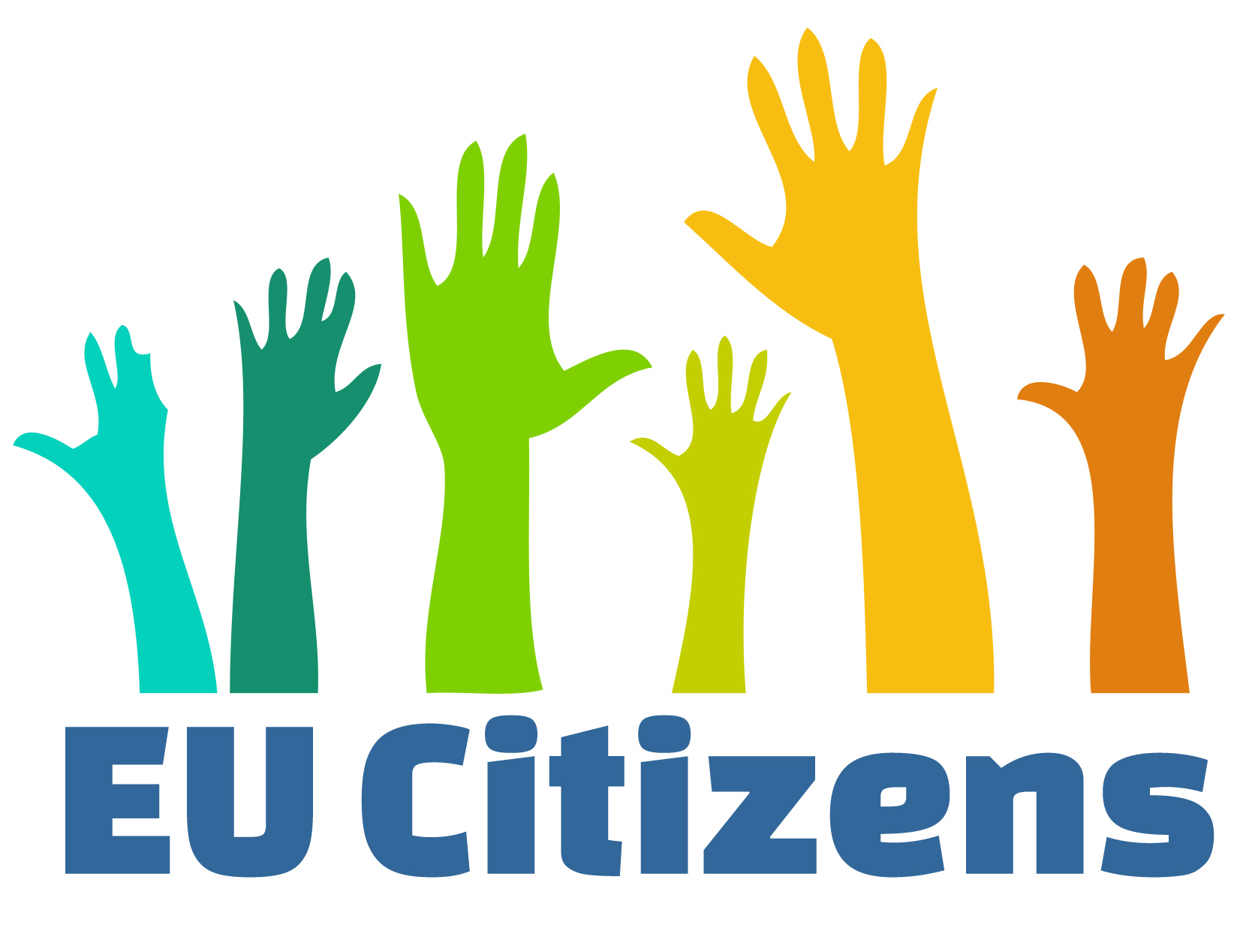Brussels, 18 July 2013 – European multinational companies strongly affect the lives and the environment in which they operate, and that is why it is essential that they report on the social, environmental and human rights aspects of their activities. It has been recognized that non financial reporting is not only beneficial for companies themselves, but also for citizens and stakeholders. Calls from international and national actors have been made to regulate corporate non financial reporting as a consequence of multiple corporate scandals; for example the horse meat scandals or various cases of environmental damages.
On the international scene, the United Nations have launched an initiative to further regulate corporate social responsibility (CSR) matters. At the UN’s conference on Sustainable Development in Rio de Janeiro in June 2012, participants called for the establishment of global CSR reporting standards. In addition, a high-level panel on the Post-2015 Development Agenda is working on a proposal to elaborate a CSR Convention that would commit UN member states to develop regulations on the subject.
At the Community level, the European Commission (EC) has published a proposal under the initiative of internal market commissioner Michel Barnier on April 2013 that will amend three Accounting Directives and require large companies to include a non financial statement covering environmental, social, human rights, anti corruption and bribery, and diversity matters in their annual report. The companies will be required to give information about their policies on these matters, the result of such policies and the risks that the corporation potentially faces regarding these policies.
Access Info and its partner European Coalition for Corporate Justice (ECCJ) welcome EC’s initiative, but call on EU decision makers to vote for a stronger and more effective regulation on corporate social responsibility. The current legislative proposal remains limited and risks inefficiency if not modified. The regulation under examination “takes a flexible and non-intrusive approach” . It allows companies to “use existing national or international reporting framework and retain their margin of manoeuvre to define the content of their policies and flexibility to disclose information” . The possibility for companies to refer themselves to a range of different frameworks could lead to fragmentation, incomparability of the reported data, and a race to the bottom. Access Info calls for the establishment of common standards for corporate non financial reporting, based on the UN guiding principles on business and human rights and the OECD guidelines on multinational enterprises.
Moreover, ECCJ and Access Info regret the fact that the current proposal under examination does not consider “large companies” as including subcontractors. The structure of multinational firms has substantially evolved in recent years: with firms increasingly subcontracting their supply chain outside of Europe. Access Info calls on EU decision makers to require reporting from all the companies of a multinational group. It is important that European headquarters be held accountable for damages caused by outside suppliers as they are ultimately the ones who decide on/set the conditions of the contract with suppliers.
The current proposal also lacks legal mechanisms to ensure effective compliance: companies would solely be asked to report on their policies or explain why they have failed to do so. This “comply or explain” strategy is not sufficient: legal mechanisms should be established to ensure proper implementation, and allow those with a legitimate interest to question misleading or incomplete reports.

